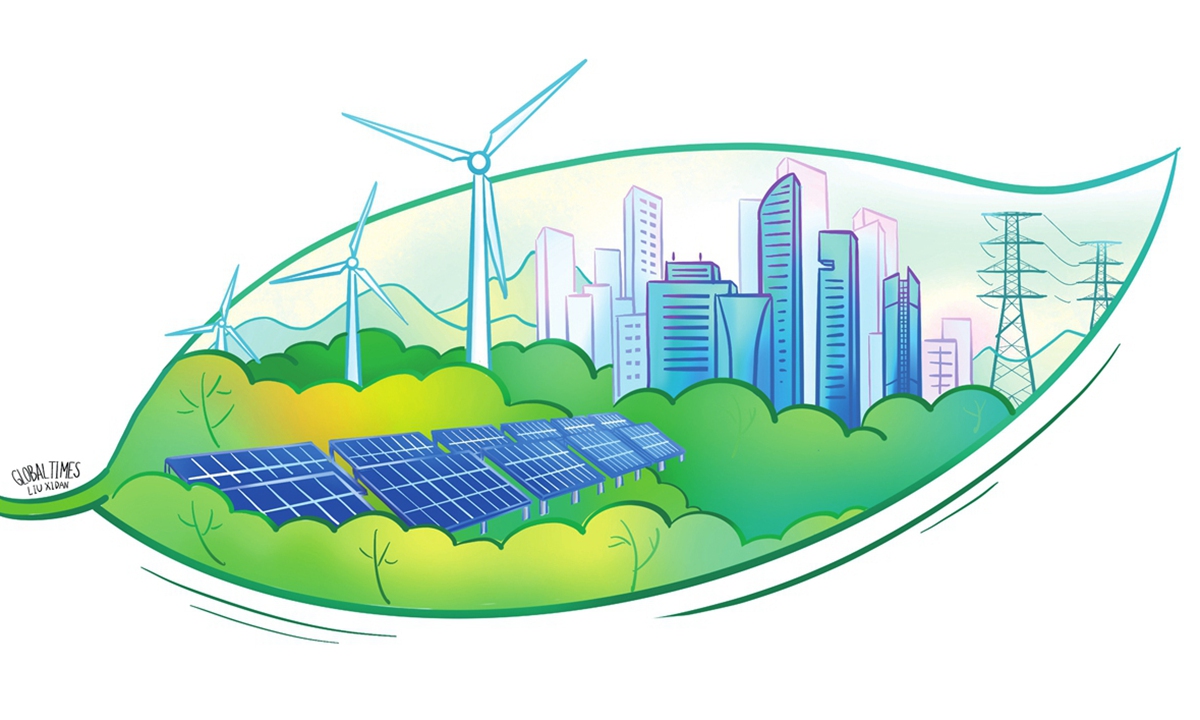Japanese Prime Minister Fumio Kishida announced on Wednesday that he would not run for re-election as chairman of his party, ending his term in office after almost three years.

The Liberal Democratic Party, which has ruled Japan almost continuously since 1945, will hold an internal leadership contest next month. Its popularity ratings have plummeted due to rising prices.
“In this presidential election, we must show people that the LDP is changing and that the party is a new LDP,” Kishida told reporters in Tokyo.
“For this, transparent and open elections and a free and lively debate are important. The most obvious first step to show that the LDP will change is my resignation,” he said.
“I will not run in the upcoming presidential election.”
Kishida had informed senior government officials of his intention not to run, as media such as national broadcaster NHK and Kyodo News have already reported.
The chairman of the governing party is traditionally also the prime minister.
Kishida, 67, has been in office since October 2021 and has seen his and his party’s poll ratings drop sharply in response to rising prices weighing on Japanese incomes.
According to a poll by broadcaster NHK, approval ratings for his cabinet this year are around 25 percent.
The world’s fourth-largest economy also struggled to gain momentum; production shrank by 0.7 percent in the first quarter.
In November, Kishida announced a 17 trillion yen stimulus package to ease inflationary pressures and save his position as prime minister.
After years of little change in prices, Japanese voters have suffered from rising prices since Russia’s invasion of Ukraine in 2022, driving up energy costs and increasing pressure on the government.
Despite some recovery in recent weeks, the yen was one of the worst performing currencies in the world last year, losing sharply against the dollar.
While this is welcome news for Japanese exporters, it makes imports more expensive and fuels inflation among private households.
Even before November, the government had pumped hundreds of billions of dollars into the economy in the three years since the Covid-19 pandemic.
Theoretically, Kishida could have ruled until 2025 and there was speculation that he might call new elections to consolidate his position.
But according to NHK, there are increasing voices within the LDP who are convinced that the party will not be able to successfully contest the elections under the Kishida government.
In addition, Kishida faced severe criticism over a major party financing scandal.
The prime minister “seems to have come to the conclusion that he himself must take responsibility to dispel growing mistrust,” NHK said.
Under Kishida, Japan pledged to double its defense spending to the NATO standard of two percent of GDP by 2027.
This marked a departure from decades of strict pacifism promoted by the United States as both sides seek to confront an increasingly assertive China.
US President Joe Biden received Kishida at the White House in April when the two countries announced a “new era” of cooperation.
In July, Japan and the Philippines signed a defense pact allowing the stationing of troops on each other’s territory.
nf-hih-stu/cwl
This article was generated from an automated news agency feed without any modifications.




